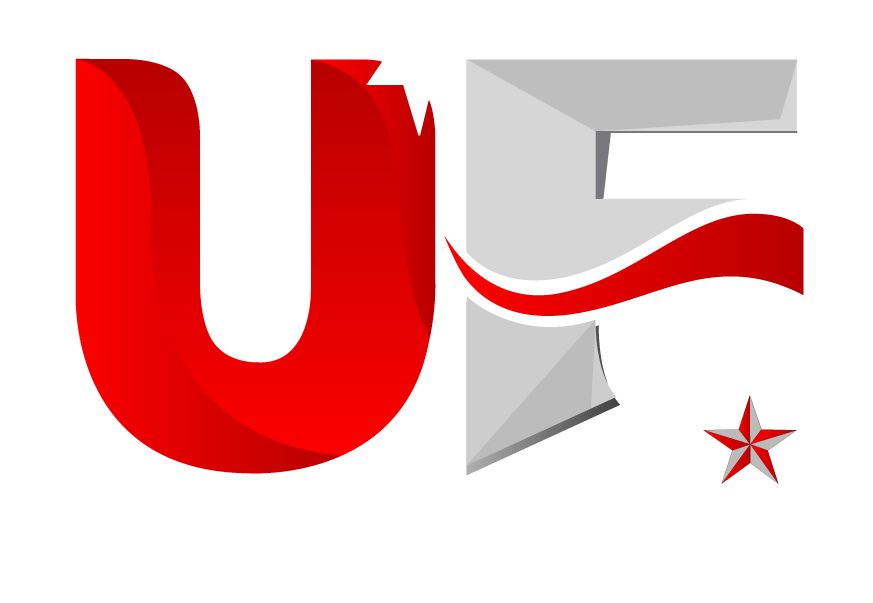INVOICE FACTORING
As a small-business owner, you can turn your unpaid customer Invoices into “fast cash” with Invoice Factoring and its closely related counterpart, Invoice Financing (or Invoice Discounting). These options are best for business owners whose customers don’t pay for goods or services right away but who need cash now to run their business.
Here’s what you need to know about Invoice Factoring and Invoice Financing…
Invoice Factoring
Invoice Factoring is a form of business financing, in which a business sells its Accounts Receivable (i.e., Invoices) to a third party (called a Factor) at a discount.
What is the Factoring Process?
The factoring process is very straightforward. Acting under a simple agreement a business sells its “INVOICES” (Accounts Receivables (ARs)) to a finance company (a “Factor”) in return for an immediate cash advance-usually 60-90% of the invoice amount (depending on criteria variables). Invoice discounting is typically conducted under what is called .full notification. Meaning, the account debtor is made aware that the invoice has been sold, and is directed to make payment directly to the finance company. The Factor then follows for payment of the receivable, deducts its fees from the proceeds, and remits the balance to the business. Invoice discounting is the selling of Accounts Receivable to a third party to improve cash flow. This way, you can have working capital to reinvest in operations and growth sooner than you could if you waited for your customers to pay you.
What is the Invoice Factoring Process?
INVOICES INTO CASH
You have Open B2B (Business-to-Business) or B2G (Business-to-Government) Invoices and need cash now.
VERIFICATION
The factor verifies if your customers are creditworthy and if they love your product and services.
SAME DAY CASH
The same day the factor wires you 60-90% of all your open Invoices (depending on criteria variables).
BALANCE RECEIVED
In 30-60 days, your customer pays the lockbox, and you get the balance minus the minimal fees.
REPEAT
Repeat when you have new Invoices for continued, unlimited working capital!
What Are the Benefits of Invoice Factoring?
- CASH IN YOUR HANDS IN AS LITTLE AS 24 HOURS
- UP TO 90% ADVANCED ON YOUR INVOICES
- THE FACTOR BECOMES YOUR CREDIT DEPARTMENT
- PAYROLL FUNDING
- IRS ISSUES AND LIENS CAN OFTEN BE A NON-FACTOR
- PRE-APPROVE YOUR CLIENT’S CREDIT
- 26 YEARS SERVICING INDUSTRIES OF ALL KINDS
- CREDIT PROTECTION AGAINST BANKRUPTCY THROUGH NON-RECOURSE FACTORING
Is Factoring Considered Debt?
Factoring is not debt. When the Account Receivable is sold for cash, it is just that – a sale. For this reason, small businesses are often free to enter into factoring arrangements with a finance company even if they already have a relationship in place with a bank. Also, given the simplicity of the transaction, factoring arrangements are typically consummated quickly—often within a few days.
Call us NOW at 212 328 2500 for a FREE consultation.
Invoice Factoring vs. Invoice Discounting
Invoice finance can be set up in a few different ways, and this is often done by invoice factoring or invoice discounting.
With Invoice Factoring, the company that needs funding sells outstanding invoices to an invoice finance provider, who pays the company a majority percentage (60-90% for example) of what the invoices are worth up front. When the invoice finance provider receives the entire payment for the invoices, it will then send the remaining percentage of the invoice amounts to the business, and the business will pay interest and/or fees for the service. The business’s customers will be aware of this arrangement, however, which runs the risk that it will reflect poorly on the business.
Another form of invoice financing is Invoice Discounting. Invoice discounting is similar to invoice factoring except that the business — not the invoice finance provider — collects payment from customers, so customers are not aware of the business’s arrangement with the invoice finance provider. Invoice finance providers typically advance businesses up to 70-95% of the invoice amount with invoice discounting. When customers pay their invoices, the business repays the invoice finance provider, minus a fee
Is Factoring Viable for Start-ups or other Non-Bankable Businesses?
One can use factoring even if a company is weak or just starting. The determining element in any factoring transaction is the creditworthiness of the account debtor, not the client company itself. This is because the finance company is being paid back directly by the account debtor, as the account receivable is collected, and not by the client. Consider, for instance, a company selling a product to Walmart. The account receivable from Walmart is considered good collateral for any cash advance made to the company. The company can expect short-term source funding regardless of its financial strength or wherewithal by selling this account receivable, irrespective of its circumstance.
- Growth Opportunities
- Start-Ups
- Working Capital Needs
- Payroll Funding
- Slow-paying customers
- Government Suppliers
- Bank Turn-Downs
- Maxed-Out Lines of Credit
- Operating Losses
- Turn-arounds
- Undercapitalized Companies
- High Customer Concentrations
- Funding Strategy with IRS Issues – Tax Liens
- Seasonal Businesses
- Vendor Guarantees
- Letters of Credit
What are Examples of Companies that Use factoring?
Many industries rely on factoring as a critical means of finance, among them staffing, healthcare, construction, apparel, and consumer goods. As a result, factoring is a widely accepted way to raise cash and accelerate cash flow, for small and big companies alike.
- Cable Sales/Installers
- Construction Supply
- Consulting
- Distributors
- Food Service
- Furniture
- Janitorial Services
- International Factoring Services
- Automotive Supply
- Bank and Credit Union Turndowns
- Beer, Wine, and Spirits
- Government Contracts
- Machine Shops
- Medical Transcription Services
- Maintenance
- Oil and Gas
- Printers
- Security GuardsTech
- Wholesalers
